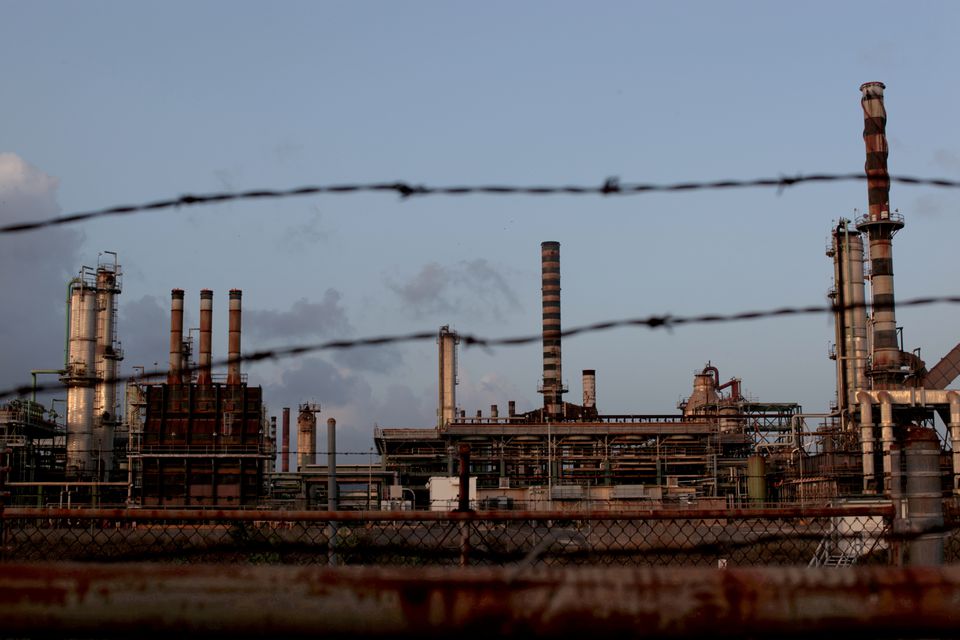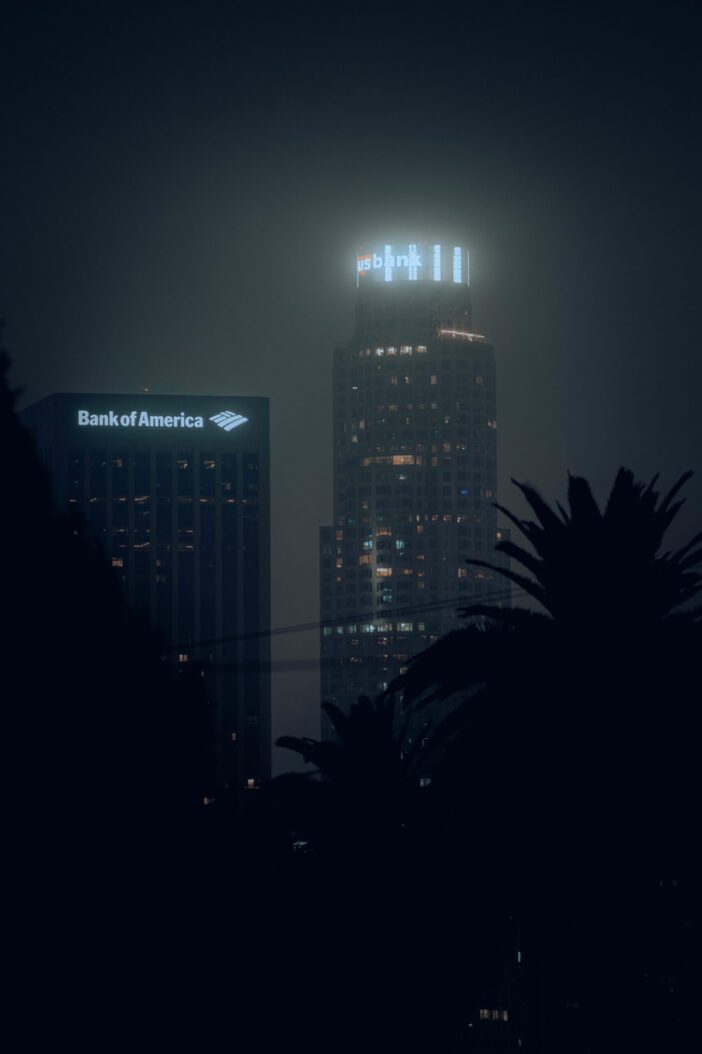
Troubled Caribbean refinery seeks bankruptcy as lenders balk at injecting more cash
July 12 (Reuters) – The owners of Limetree Bay, a Caribbean refinery that was once the largest in the Western Hemisphere, filed for bankruptcy on Monday after lenders balked at putting new cash into a project dogged by cost overruns and regulatory troubles.
The St. Croix refinery overhaul was the most expensive effort in nearly a decade to expand refining capacity in the hemisphere. Investors plunged several billion dollars into the project, aimed at taking advantage of its prime location along shipping routes in the Caribbean. The plan fizzled after construction delays and the COVID-19 pandemic, which slashed demand for fuel worldwide.
The refinery finally restarted in February – only to shut three months later when Limetree Bay ran afoul of U.S. environmental regulators who ordered shut after a series of fires and noxious gas releases.
“Severe financial and regulatory constraints have left us no choice but to pursue this path, after careful consideration of all alternatives,” Jeff Rinker, Limetree Bay’s chief executive, said of the bankruptcy filing in a statement.
The U.S. Environmental Protection Agency in May ordered the plant to shut temporarily after the gas releases contaminated local drinking water, shut a school and led residents to complain of breathing problems and foul odors.
The EPA order, and subsequent investigations by U.S. officials, made investors wary of investing the additional money needed to get the refinery restarted, the company said in court filings.
Late on Monday, Limetree and its debtors requested court approval to obtain up to $25 million in so-called debtor-in-possession financing. This would allow the parties to immediately borrow $5.5 million, with approval for rest of the amount at subsequent hearings.
More recently, lenders objected to the plant’s call for new cash to complete the project, according to the head of EIG Global Energy Partners, the Washington-based private equity firm that leads the largest investor group.
“EIG supports the company’s efforts to secure funding,” EIG Chairman Blair Thomas said in a statement, adding “to date the senior lenders have objected” to those efforts. The firm and its partners became “the reluctant owners” earlier this year when its original sponsor withdrew, he said.
Westbourne Capital, an Australian debt investor that provided a $700 million term loan, holds the senior-most debt in the project and could decide the plant’s fate, according to a person familiar with the matter who was not authorised to speak to media and declined to be identified. Westbourne did not reply to requests for comment.
ONCE A TOP REFINERY
Limetree Bay, formerly known as Hovensa, was idled in 2012, and filed for bankruptcy three years later. At one point, its roughly 600,000-barrel-per-day capacity made it the largest in the Western Hemisphere. It restarted in February with the aim of producing as much as 210,000 barrels of fuel a day.
It was acquired in 2016 by Arclight Capital Partners and Freepoint Commodities which collected up to $3.5 billion in equity for the project, people familiar with the matter said.
The plant employed roughly 400 people, most of whom were required to be U.S. Virgin Island residents. The office of USVI Governor Albert Bryan Jr. did not immediately respond to a request for comment.
Investors had hoped to profit from an international clean-air marine fuel mandate known as IMO 2020 but the restart of the 210,000-barrel-per-day facility quickly attracted complaints from residents. Reuters also reported the facility was also not monitoring for sulfur dioxide as required by law. read more
After the EPA ordered the refinery to shut for at least 60 days, the company’s investors started to doubt whether the refinery could restart, said Mark Shapiro, the chief restructuring officer, in a late Monday court filing.
Court filings on Monday showed that former Bear Stearns senior managing director Steven Pully was named to negotiate with “multiple potential lenders” for urgently needed financing that would allow the plant to operate in bankruptcy. The filings did not say whether Limetree Bay had obtained any commitments.
The project had liabilities of between $500 million and $1 billion and assets valued at $1 billion to $10 billion, according to the filings in U.S. Bankruptcy Court, Houston.
Among the top 30 unpaid suppliers owed more than $150 million was oil producer BP (BP.L) and construction and equipment providers Universal Plant Services, Elite Turnaround Specialists and Excel Construction.
The restart was delayed by over a year and went more than $1 billion over budget as project managers discovered additional corrosion on idled equipment and needed to replace more parts than originally expected.Reporting by Laura Sanicola and David Gaffen; writing by Gary McWilliams;Additional reporting by Shubham Kalia; editing by Edwina Gibbs, Louise Heavens and Chizu Nomiyama
Our Standards: The Thomson Reuters Trust Principles.






